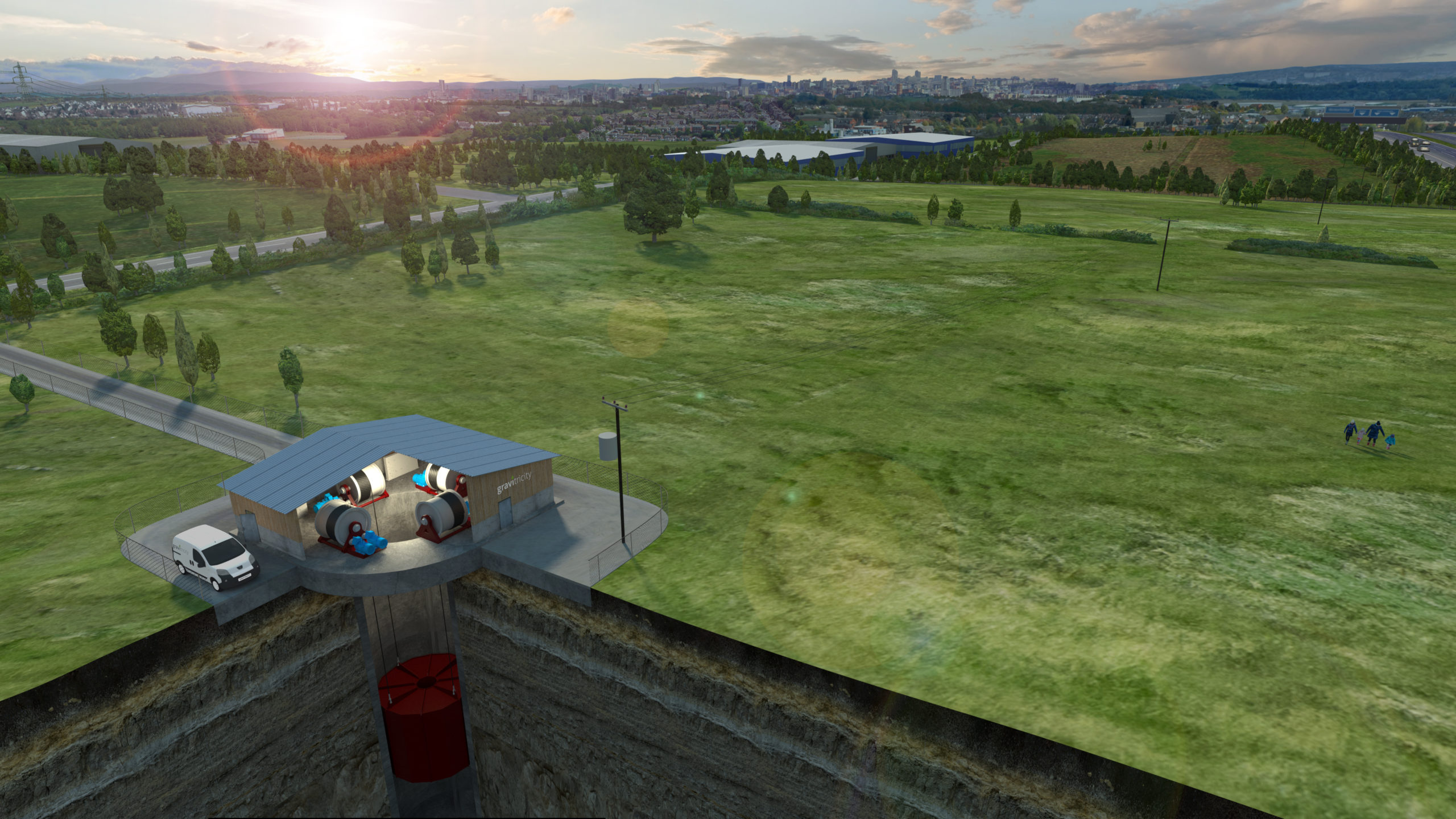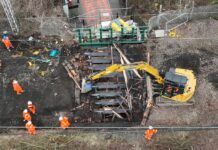
UNDERGROUND energy storage specialist Gravitricity has signed a collaboration agreement with Czech electricity flexibility aggregator Nano Energies.
The move comes after the Edinburgh firm unveiled plans last month to transform the former Darkov deep mine in the Czech Republic into a massive gravity energy store – in what it says could be a pathfinder for projects Europe-wide.
Nano Energies specialises in delivering energy services to countries across Europe including Croatia, Hungary, Slovakia, and Romania, as well as the Czech Republic. They bring together a range of electricity sources including cogeneration units, solar parks, biogas, and biomass stations or backup generators together with demand-side response to deliver despatchable power and other services to transmission system operators (TSOs) via a growing network of ‘virtual power plants’. Their services are becoming increasingly valuable as European countries rely more heavily on intermittent renewable generation.
Stanislav Chvála, CEO of Nano Energies, said, “The Czech Republic is our home market, and we are experts in the field of flexibility aggregation. Gravitricity’s technology is able to respond to grid fluctuations very quickly and flexibly in terms of megawatt volume. We could thus involve them in our virtual power plants, which help balance the grid in the way that nowadays primarily coal and gas-fired power plants are able to do.
“It is a long-life technology, well suited to integration with existing grid infrastructure. It can cycle rapidly from charge to discharge without any loss of performance over many years, and it delivers extremely fast response times of less than a second. This makes it a very attractive package to grid operators seeking grid balancing and fast frequency response services.”
Charlie Blair, MD of Gravitricity, added,“Our collaboration agreement with Nano Energies will provide a secure route to market for our stored electricity, which recognises the unique and valuable characteristics that our fast response, long life technology can offer. We anticipate this will become a commercial blueprint underpinning the financing and rollout of future energy stores Europe-wide.”
In February, Gravitricity signed a memorandum with DIAMO, the Czech state enterprise charged with mitigating the consequences of coal mining in the republic, where the two parties committed to work in tandem to seek funds to turn the decommissioned mine into a 4MW / 2MWh energy store – equivalent to the power needs of 16,000 homes.
Gravitricity also signed a memorandum with the Institute of Geonics, whose Geomechanics and Mining Research department hold knowledge and understanding of the mining infrastructure in the Czech Republic. The Institute of Geonics is expected to be closely involved in the development of the Darkov mine project.
The Darkov mine is located in the Moravian-Silesian region of the Czech Republic, near the city of Karviná. Construction started in 1972 to access thick seams of coal more than 700 metres below the surface, and at its peak it employed around 4,000 people.
Gravitricity has already demonstrated a scale version of its technology in Edinburgh – built in partnership with Dutch winch specialist Huisman – and now plans to build full-scale schemes in the UK and worldwide. Future multi-weight systems could have a capacity of 25MWh or more.
Worldwide, Gravitricity estimates there are around 14,000 mines which could be suitable for gravity energy storage.








